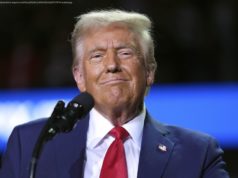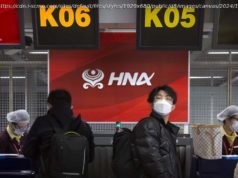Array
Hours after yet another assessment by outside observers that China’s crackdown in its far-west Xinjiang region may constitute crimes against humanity, Chinese Foreign Ministry spokesperson Wang Wenbin stepped up to a podium to go on the offensive.
“The so-called assessment you mentioned is orchestrated and produced by the U.S. and some Western forces,” and is a “a political tool” meant to contain China, he said.
It was a tactic long used by Beijing to deflect criticism from its mass detentions of Uyghurs and other largely Muslim ethnic groups in Xinjiang: blame a Western conspiracy.
At home, it’s found a willing audience. But abroad, it’s angered Uyghurs and alienated foreigners. The result has been a splintering of views on Xinjiang in China and the West, a gap that threatens to fracture already-poor relations.
For decades, Beijing has struggled to integrate the Uyghurs, a historically Muslim group with close ethnic and linguistic ties to Turkey, locking the region in a cycle of revolt and repression. After bombings and knifings by a small number of extremist Uyghurs, Chinese leader Xi Jinping launched a crackdown, ensnaring huge numbers of people in a network of camps and prisons.
Since the beginning of the crackdown, the Chinese government has sought to control the narrative. They have done so through secrecy and censorship. But they have also done so by tapping into powerful, deep-rooted anti-Western sentiment, born out of centuries of humiliation at the hands of the West.
Growing up in Xinjiang, Uyghur linguist Abduweli Ayup learned about how European empires marched on China’s capital and burned ancient palaces. He learned about the U.S. colonization of Hawaii and how it took Texas from Mexico.
Even as a Uyghur, Ayup said, this history instilled resentment.
“All our history we learn that China is the victim, and all those countries around us are very bad,” Ayup said, adding that he himself was opposed to the West until well into his adulthood. “Anti-Western sentiment is really strong.”
It wasn’t until his thirties, Ayup said, when he saw how the authorities weaponized historic grievances to deflect blame from themselves.






